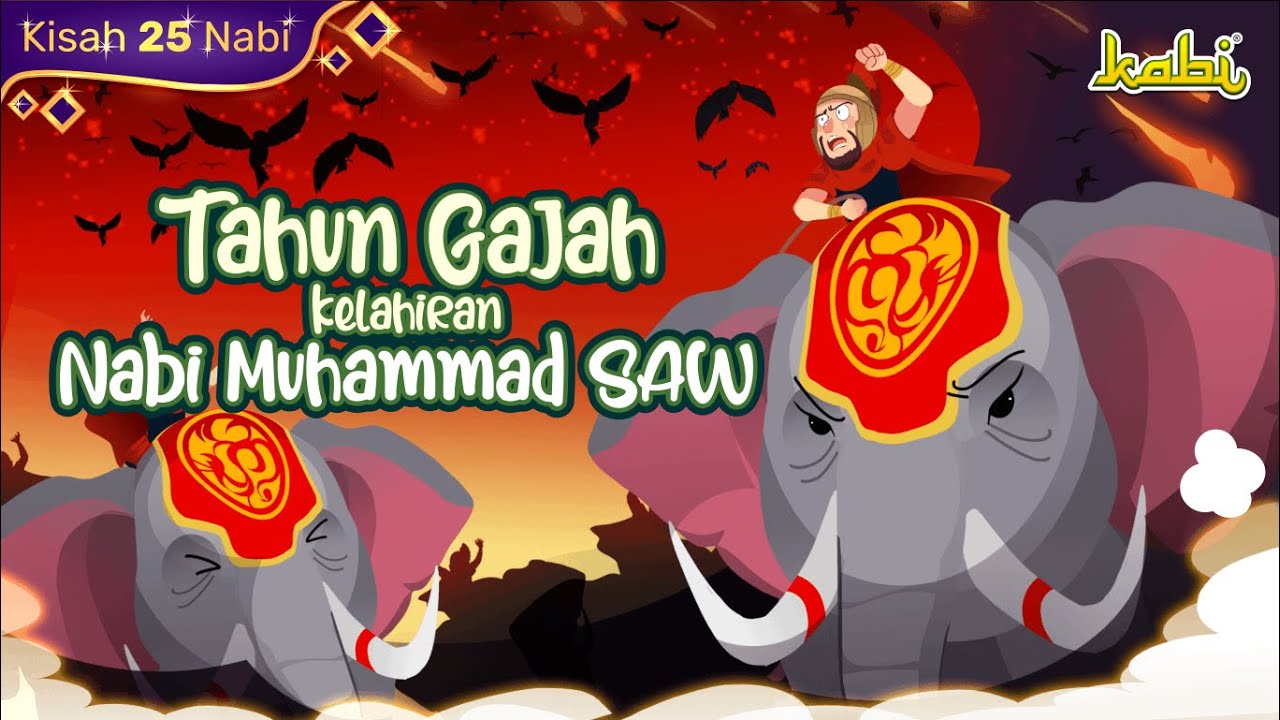The Fire and the Rain Part 5
Summary
TLDRIn *The Fire and the Rain* by Girish Karnad, the character Yavakri grapples with resentment towards his family's lack of respect and seeks vengeance against his uncle Raipiya. After undergoing penance to gain power and knowledge, Yavakri confronts his past love, Vishakha, now married to Paravasu. Raipiya's anger leads him to summon evil entities to kill Yavakri. Despite Vishakha's attempts to protect him by pouring out his sacred water, Yavakri's thirst for revenge ultimately leads to his demise at the hands of Brahmarakshasa. This act highlights themes of revenge, the complexity of relationships, and the consequences of unchecked ambition.
Takeaways
- 😀 Yawakri feels discontent as he believes his father did not receive the respect he deserved.
- 😀 Yawakri seeks revenge against his uncle Raipiya and his family for perceived injustices.
- 😀 Indra warns Yawakri that knowledge should be acquired directly from a teacher, yet he chooses to pursue universal knowledge through tapas.
- 😀 Yawakri returns from his quest with newfound power and confronts his former lover, Vishakha.
- 😀 Raipiya becomes furious upon discovering Yawakri's return and invokes evil powers to kill him.
- 😀 Vishakha tries to warn Yawakri about the impending danger from Raipiya and urges him to stay safe.
- 😀 Despite her warnings, Yawakri is determined to face Raipiya's wrath, driven by his desire for revenge.
- 😀 Vishakha realizes that Yawakri's motives for seeking her out are rooted in revenge rather than love.
- 😀 In a desperate attempt to protect Yawakri, Vishakha pours out the sacred water from his kamandalu, which was meant to protect him.
- 😀 The first act concludes dramatically with Yawakri's death at the hands of Brahmarakshasa, emphasizing the consequences of his vengeful pursuits.
Q & A
What is the central conflict of Yavakri's character in this part of the script?
-Yavakri struggles with feelings of contempt towards his uncle Raipiya and his sons, believing his father did not receive the respect he deserved. This leads him to seek revenge against Raipiya's family.
What warning does Indra give Yavakri regarding his pursuit of knowledge?
-Indra warns Yavakri that knowledge should be received directly from a teacher, implying that his quest for power through tapas may not be the correct path.
How does Vishakha attempt to protect Yavakri from danger?
-Vishakha warns Yavakri about the anger of her father-in-law, Raipiya, and advises him to remain inside the ashrama to avoid confrontation with Brahmarakshasa.
What motivates Yavakri to confront Raipiya and his family?
-Yavakri is motivated by a burning desire for revenge against Raipiya and his family, whom he blames for usurping his father's honors.
What protective measure does Yavakri have against the Brahmarakshasa?
-Yavakri carries sacred water in his kamandalu, which he believes will protect him from the Brahmarakshasa.
What action does Vishakha take that leads to Yavakri's demise?
-In an attempt to prevent Yavakri from confronting the Brahmarakshasa, Vishakha pours out the sacred water from his kamandalu, leaving him unprotected.
What is the significance of the banyan tree in this part of the script?
-The banyan tree serves as a setting where Yavakri is found murmuring mantras, symbolizing a place of contemplation and spiritual practice before he faces danger.
How does Yavakri react to Vishakha pouring out the sacred water?
-Yavakri becomes bewildered and frightened when he discovers that his protective sacred water has been poured out, realizing he is now vulnerable.
What emotions does Yavakri's death evoke in the other characters?
-Yavakri's death elicits horror and grief from the other characters, particularly Anthak, who is frozen with horror upon realizing what has happened.
How does this part of the script conclude, and what is the dramatic impact?
-The act concludes with Yavakri being killed by the Brahmarakshasa, ending on a dramatic note that emphasizes themes of revenge, the tragic consequences of unchecked ambition, and the deep emotional turmoil of the characters.
Outlines

Cette section est réservée aux utilisateurs payants. Améliorez votre compte pour accéder à cette section.
Améliorer maintenantMindmap

Cette section est réservée aux utilisateurs payants. Améliorez votre compte pour accéder à cette section.
Améliorer maintenantKeywords

Cette section est réservée aux utilisateurs payants. Améliorez votre compte pour accéder à cette section.
Améliorer maintenantHighlights

Cette section est réservée aux utilisateurs payants. Améliorez votre compte pour accéder à cette section.
Améliorer maintenantTranscripts

Cette section est réservée aux utilisateurs payants. Améliorez votre compte pour accéder à cette section.
Améliorer maintenantVoir Plus de Vidéos Connexes

Sons and Lovers by D.H. Lawrence | In-Depth Summary & Analysis

Holt McCallany, Melissa Benoist & Jake Weary introduce us to the family drama

AEMOND TARGARYEN'S Disturbing Mind Analyzed: House Of The Dragon Season 2

Kisah Nabi Muhammad SAW - Kelahiran Rasul Terakhir | Kisah Teladan Nabi | Cerita Islami Anak Muslim

Nunavut Animation Lab: Lumaajuuq - Animation and Cartoon Videos

Aang Gets Advice From Past Avatars ⬇️ Full Scene | Avatar: The Last Airbender
5.0 / 5 (0 votes)
